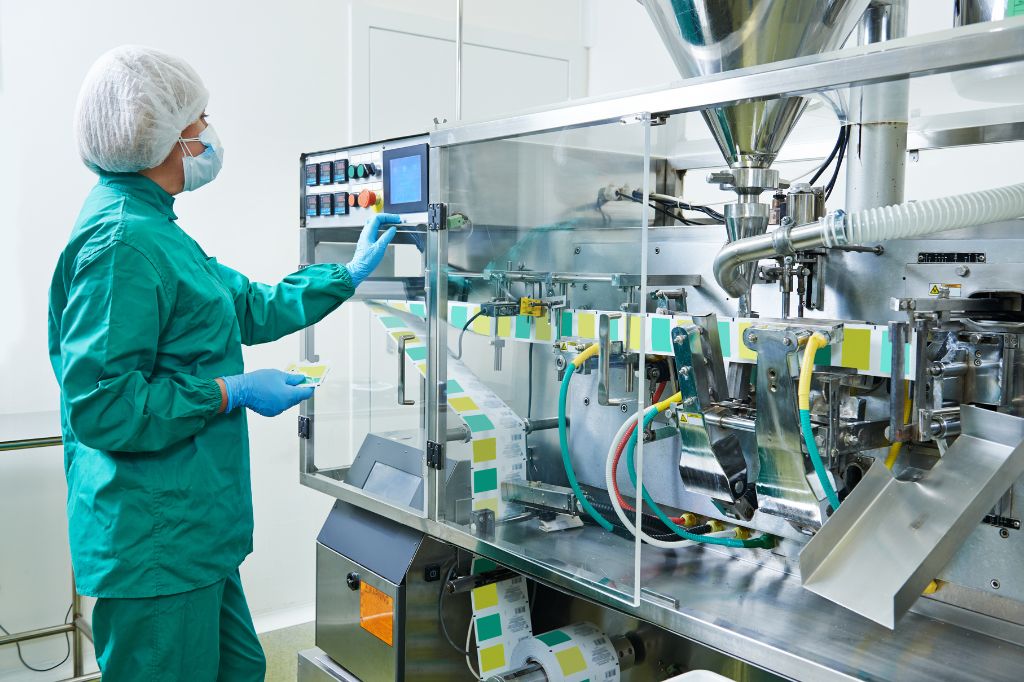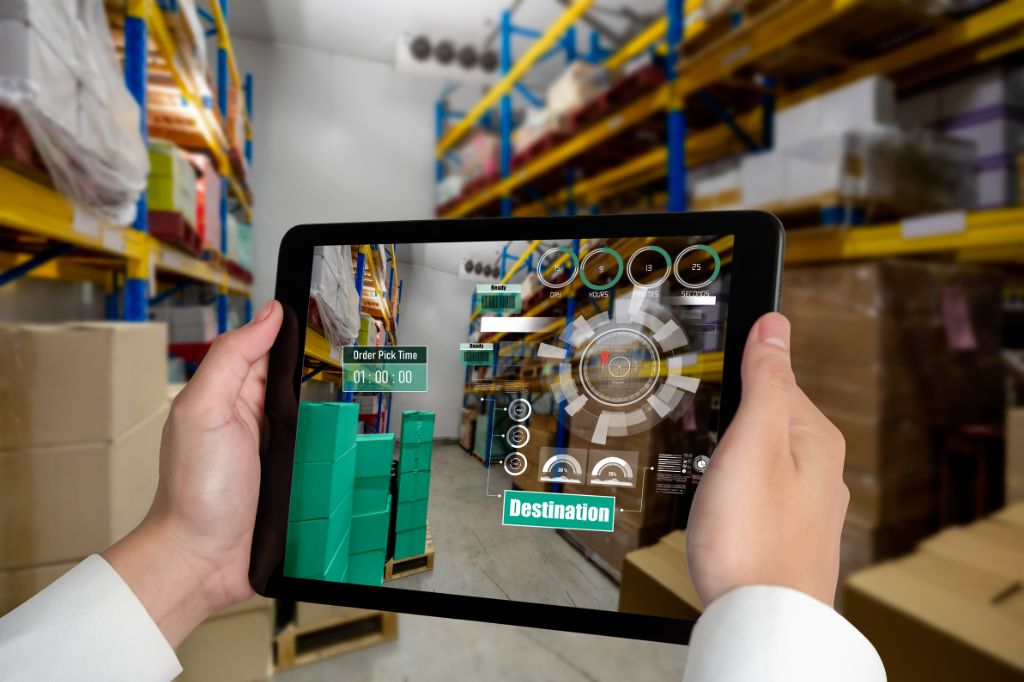
What is planned obsolescence?
Reading time: < 4 minutesThe production model and the global economy are based on the production by companies and the acquisition of these goods or products by consumers, whether they are other companies or individuals. When we talk about appliances, electronics, vehicles and even industrial machinery or their components, we believe that the average life of these devices will be much shorter than in the past and we will have to renew them within a specified period Today, when we buy a refrigerator or a washing machine, we almost certainly will not do it all the time.
Also with an electronic device where the clearest example we have with mobile phones.
And why is this so if we have more technology and means to make better equipment?
The cause is planned obsolescence, that is to say, certain equipment is manufactured knowing that it will fail or stop functioning optimally at a given moment. Expected obsolescence is the deliberate manufacture of a product with an expiry date, but it does not indicate the date.
In addition, when the repair is possible, the high cost of this operation encourages the consumer not to repair it and to buy a new one.
The existence of a planned obsolescence is a fact and raises three important problems. A first is to determine if it is legal to program the device to stop working.
The second question is whether this is profitable in the long run for businesses. And last, is this model sustainable and socially acceptable?
The legality of planned obsolescence
Surprisingly, there is no European or national legislation expressly prohibiting planned obsolescence. Legislative proposals or initiatives are aimed at the manufacturer, including providing information on half-life of equipment, repair costs, etc., which would make it easier for consumers to decide whether they would buy it or not.
Some voices indicate that very stringent legislation in this regard could hinder companies’ ability to innovate. A broad debate would be opened on this subject. Our experience as manufacturers of conveyor systems (rollers, conveyor belts, etc.) is that the reliability, robustness and safety of any manufactured equipment or its installation are the main objectives. Therefore, there is no room for scheduled obsolescence.
Is planned obsolescence for a company profitable?
This can be a controversial issue because the origin of planned obsolescence is to cause the consumer to buy a new device and therefore increase our turnover. But here, we must qualify. It may be profitable to evaluate only two or three year income statements, but what will happen in the long run? If the consumer knows (or thinks, because it usually happens like this) that an electronic device or a device will break us in the long run, indeterminate, but rather sooner than later, will he not tend to buy the cheapest? Will the manufactured product not lose value? Should not we produce more to make up for the need to lower the price?
We can also approach the question from another angle: is it profitable to fight against planned obsolescence? Yes it is a brand or manufacturer whose products are reliable and durable will have much more prestige and value for consumers. Of course, there will always be elements to replace when they meet a certain number of work cycles, but this renovation will not be linked to a deliberately defective manufacturing, called programmed obsolescence.
The use of programmed obsolescence is not sustainable from the point of view of damage to the environment
The planned obsolescence is totally unsustainable from the point of view of the protection of the environment and the effects of the climate. Many experts already stress the impossibility of reversing the climatic effects of a consumption and consumption model, being optimistic, we are at the limit of the point of no return, but we can modify the mode of production. In the framework of the European Union, measures to promote the transition to circular economy systems are already under way. The circular economy seeks to optimize resources, reduce the need for raw materials, promote reuse, and reduce waste and appropriate recycling to reintroduce them into the production system.
The establishment of a sustainable production system in which planned obsolescence is not a business model option requires the social awareness of consumers and manufacturers and adequate legislation in this regard.



